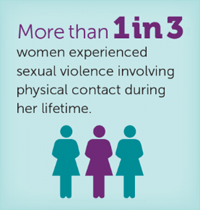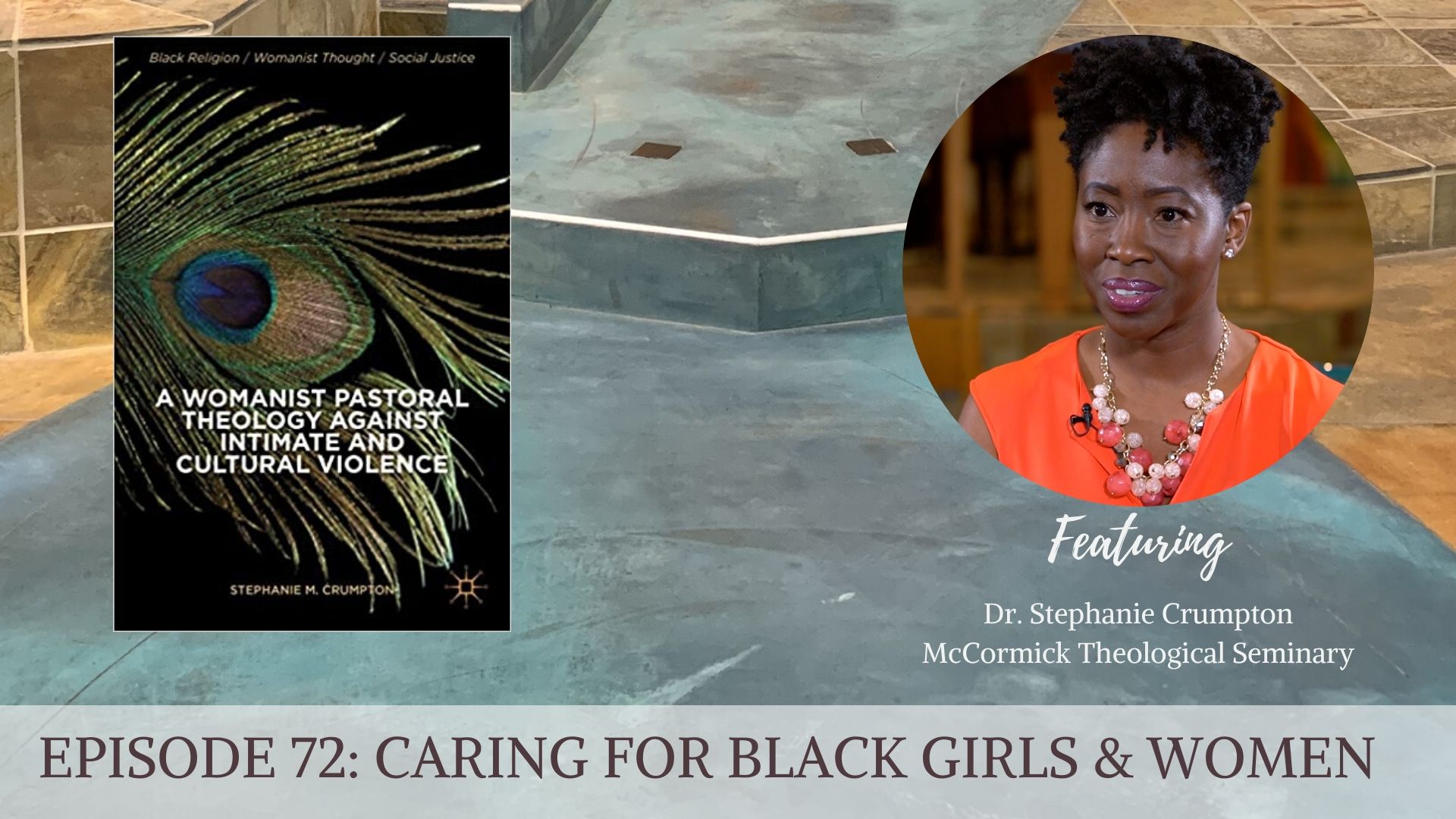“You can’t keep ignoring the particular kind of grief that women and girls carry to the altar each week.”
Dr. Stephanie Crumpton
Dr. Stephanie Crumpton, McCormick Theological Seminary, joins us again this week to talk about the practice of ministry. This time we are talking about the importance of paying attention and giving care to Black girls and women.
In her 2014 book, A Womanist Pastoral Theology Against Intimate and Cultural Violence, Dr. Crumpton addresses an evil that the church is often reluctant to face. At least 21 million women reported being raped, according to 2010 statistics of the Centers for Disease Control.
 In 2020 the those numbers remain consistent. Additionally, the CDC estimates these rates of violence and abuse:
In 2020 the those numbers remain consistent. Additionally, the CDC estimates these rates of violence and abuse:
- More than 1 in 3 women experience sexual violence in their lifetimes. This is violence that includes unwelcomed and non-consensual physical contact.
- At least 1 in 4 girls and 1 in 13 boys experience sexual abuse in childhood.
- Almost 1 in 5 women experience completed or attempted rape during her lifetime.
- Approximately 20% of all women who report intimate partner violence identify as Black. That is a much greater percentage than the general population where Black women are just 13% of women-identified people.
Churches are not exempt from these statistics. Church members and members of religious groups and movements live with abuse and violence at the same or increased rates as the rest of society.
What are you as a minister or pastor doing to address this violence?
Listen as Dr. Crumpton talks us through the importance of this work as religious leaders.
There are plenty of resources like Dr. Crumpton’s book, A Womanist Pastoral Theology Against Intimate and Cultural Violence, the CDC website, yet sexism and racism still infect our socialization and our minds. As Dr. Crumpton points out, “It takes a lot of undoing for people in ministry to be able to face evil.”
This undoing for people in ministry is a widespread problem in this cultural moment. We need to face the evils of abuse and violence.
White folks, in particular, have a lot of “undoing” in order to face and name the evils of racism, and to become people who do antiracist work. And we need to face the deep roots of patriarchal tyranny to start caring more intentionally for Black women and girls.
"It takes a lot of undoing for people in ministry to be able to face evil." – Dr. Stephanie Crumpton, @McCormickSem, on caring for #BlackGirls & #BlackWomen
What needs undoing in your life or your community to face evil head on? #BecomeAntiracist #BlackLivesMatter pic.twitter.com/4h9Iyha7G6
— Three Minute Ministry Mentor (@3MinuteMin) June 22, 2020
Undoing Socialization and Bad Theology
Society as a whole ignores the pain, sexualized violence, economic disparity, and deaths of black women and girls. The hashtag and campaign #SayHerName was begun in 2014, in order to stop erasing the names and lives of women who die from police brutality. It still happens.
Part of the socialization that keeps ignoring violence, and keeps ignoring the lives and needs of Black girls and women, is embedded in our Christian theologies. Additionally, Dr. Crumpton says, some of our theology, “helps us become blind to what is in front of us.”
To begin undoing of our inadequate theologies, and to begin giving much needed pastoral care, Dr. Crumpton says we need:
- Right dialogue partners
- Right agencies and conversations
- “The right experiences to be able to deal with the theology that gets in our way… to address what we see and what we know.”
The facts of intimate violence are probably not new to you. So the question we need to ask ourselves, friends, is:




